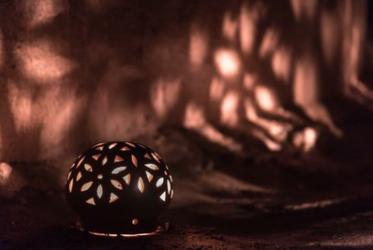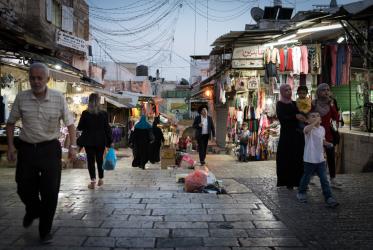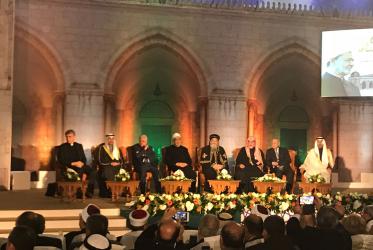Displaying 1 - 20 of 96
New student body at Bossey Ecumenical Institute “a source of joy”
14 September 2020
WCC condemns attack in Egypt
29 December 2018
WCC condemns attack on Christians in Egypt
02 November 2018
Le COE condamne l’attentat qui a visé des chrétiens en Égypte
02 November 2018
WCC mourns passing of Metropolitan Anba Bishoy of Damietta
03 October 2018
Paving the way for ecumenical studies, learning English in Bossey
24 September 2018
WCC offers tribute to Marie Bassili Assaad
12 September 2018
Le COE rend hommage à Marie Bassili Assaad
12 September 2018
WCC says future of Jerusalem must be a shared one
17 January 2018
Pour le COE, l’avenir de Jérusalem doit être un avenir commun
17 January 2018
Trying to do good for the world
18 December 2017
Essayer de faire le bien pour le monde
18 December 2017











